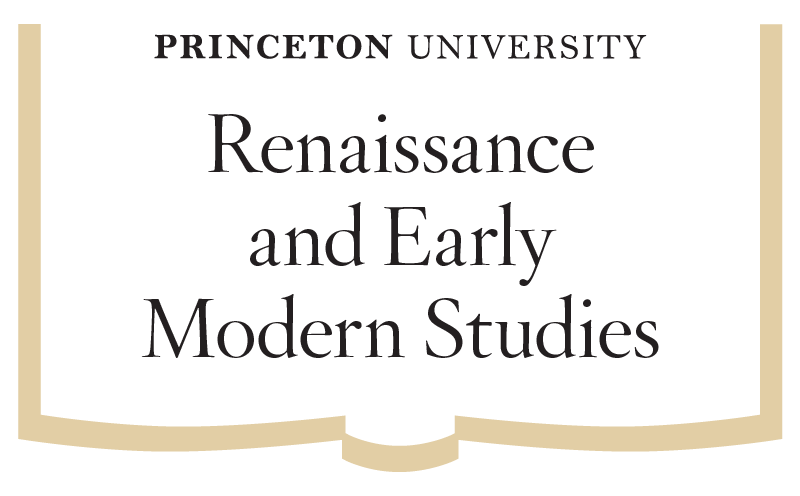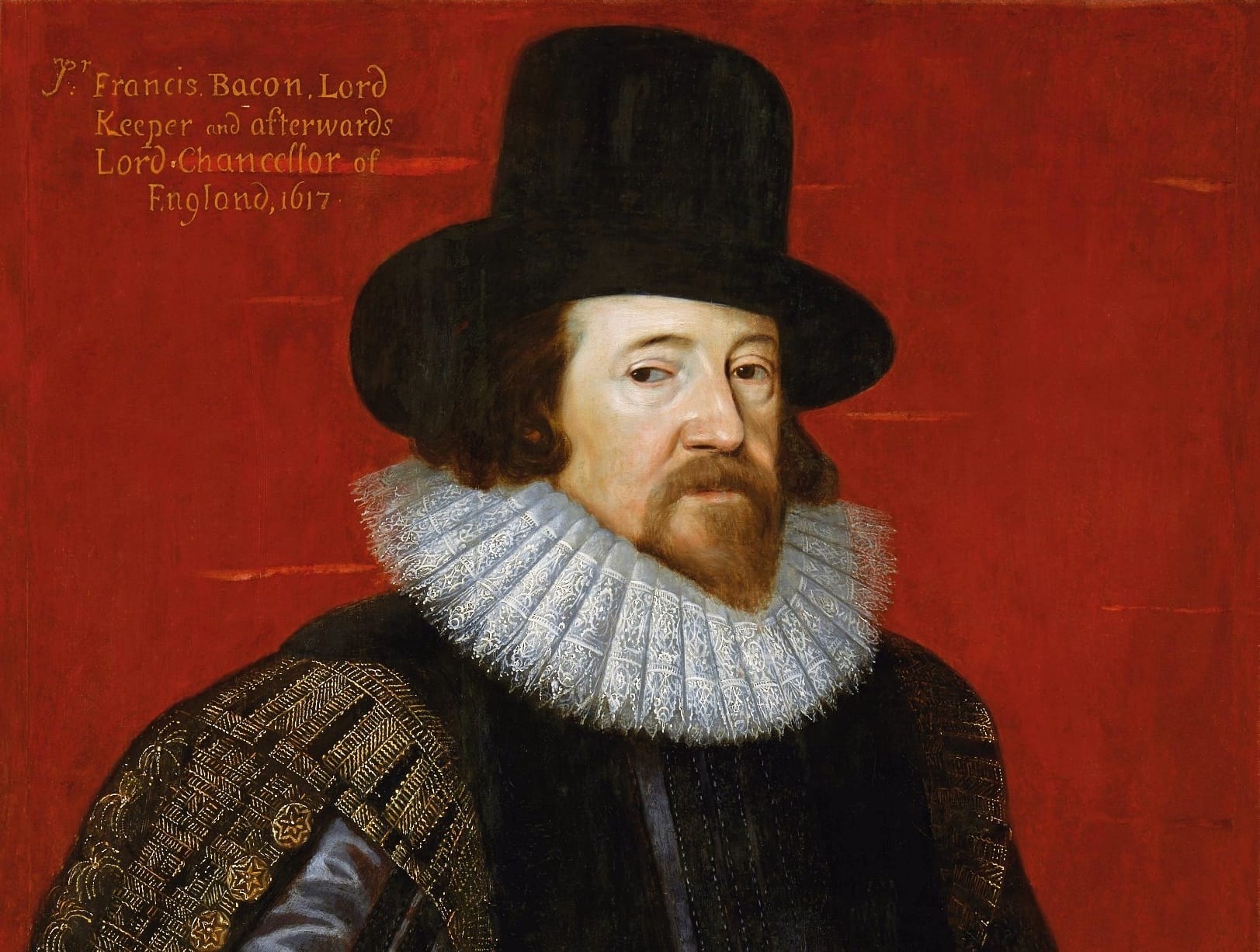By Jeremy Schneider, Department of History
What if the ship that reached the tropical island of Bensalem was instead blown off course to the scholarly island of Princeton? What these seafarers would have found, had they recently stepped ashore, was a different house of learning. 127 East Pyne, with its wood-paneled walls and projector-equipment, witnessed three scholarly demonstrations at the CREMS workshop “Francis Bacon: Philosophy, Gender and Law”. After introductions by Rhodri Lewis, our three speakers began under the moderation of the latter.
Alan Stewart (Columbia) kicked off the event with a paper on Bacon’s life as an interrogator during the last 15 years of Elizabeth I’s reign. As Stewart showed, Bacon tortured many “Popish traitors”, embroiling himself in a pamphlet war in which his critics exposed him as an author of an anonymous letter. In conclusion, Stewart suggested that Bacon’s ultimate rejection of courtroom theatrics – preferring instead to record witnesses’ testimonies as lengthy quotations – might have influenced his ideas about induction.
The paper that followed was delivered by Kathryn Murphy (Oxford). Entitled “Parts and Partiality”, Murphy took a deep dive into Bacon’s logic of parts and wholes, thereby offering us a welcome teaser from her upcoming book The Tottering Universal. Murphy traced the ways in which Bacon conceived political bodies as a subset of natural bodies. Thus just as distinct parts strove to form unified wholes in Nature, so the British Isles were witnessing a transition from a Queen of England to a King of England, Scotland and Ireland.
Daniel Garber (Princeton) gave the final paper. In it, he unraveled the sticky web of ideas that bind together Margaret Cavendish and Francis Bacon. While Cavendish did not think that instruments and experimentation could generate useful knowledge, Garber showed that her animist philosophy (in which matter possessed active “motions” or “tendencies”) borrowed from Bacon’s conception of “appetites”, reducing the latter’s 20 to a more overseeable 7.
The appetites of the participants inclined them towards food and drink at the Joseph Henry House after the lively Q&A. Over dinner, remaining questions (such as Hobbes’ favorite dish) were answered as the workshop drew to a close.













